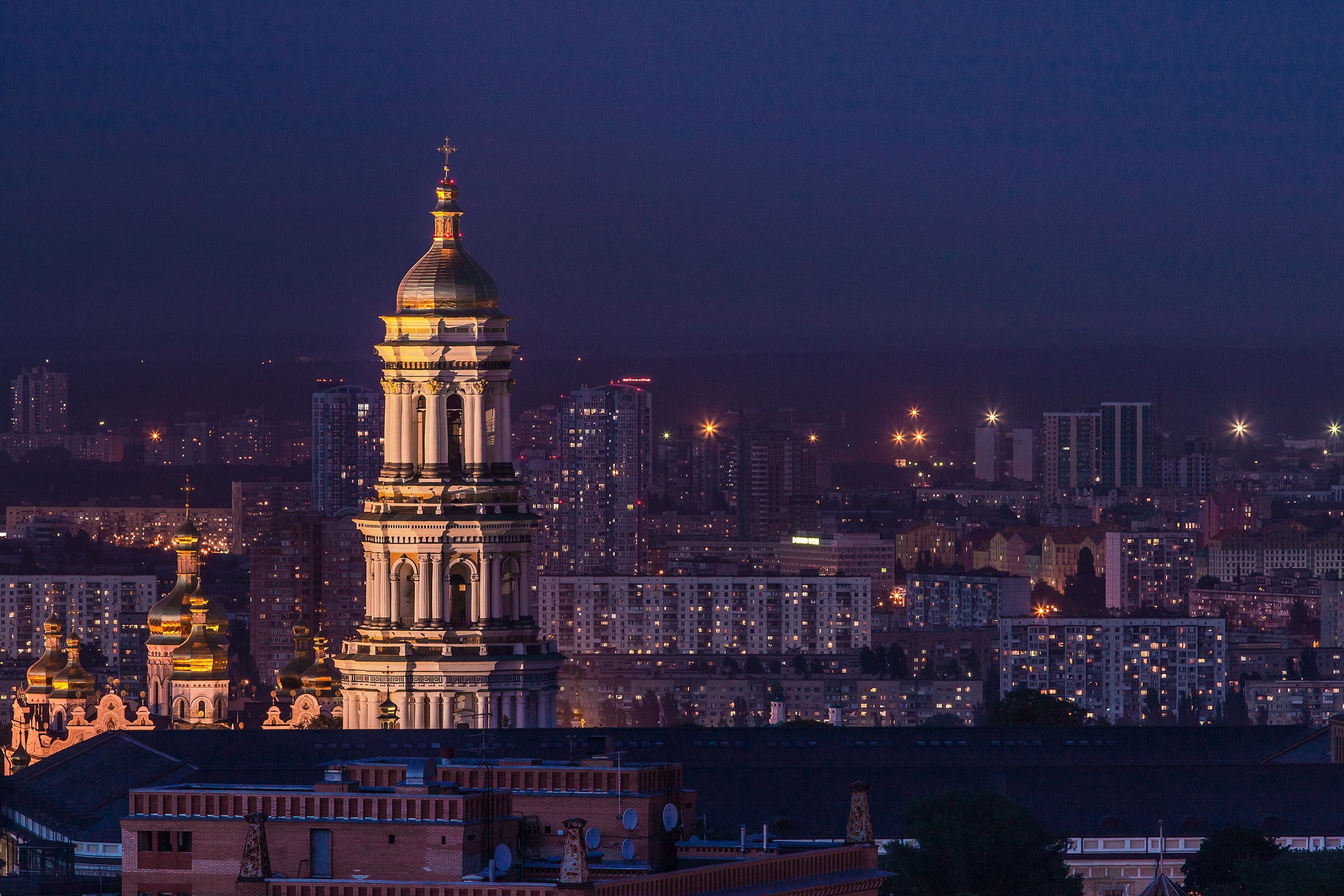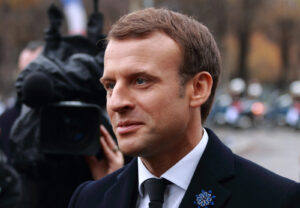The Russian invasion of Ukraine has drawn strong reactions worldwide. In the Middle East, some regimes initially displayed perplexity, ambivalence, and hesitation, especially in the earlier stages of the Russian blitz. However, as President Putin showed determination and willfulness to achieve his ambitious war goals, some regimes began to reformulate their initial reactions, having resigned to the seriousness of the crisis.
Reactions in Israel
In Israel, the government of Naftali Bennet faced a real dilemma, deciding which was safer and more sensible for Israel: denouncing the Russian invasion in conformity with the American stance or supporting the invasion, which would seriously upset the United States, Israel’s guardian ally. Israel received specific admonitions from low-ranking officials of the Biden administration and advice from the American Jewish lobby suggesting that Israeli support of the Russian invasion of Ukraine could seriously hurt Israel’s image in the American arena. Ultimately, Israeli Prime Minister Bennet and Foreign Minister Laeir Lapid began to scale down their pro-Russian stance.
By Friday, February 25th, Bennet issued a terse statement, denouncing the Russian army’s invasion and occupation of Ukrainian territory. Earlier, as Israel was reconsidering its initial support for Russia, Russia’s top diplomat at the UN issued a statement saying his country wouldn’t recognize Israel’s annexation of or sovereignty over the Golan Heights.
The initial pro-Russian stance by the Bennet government was purely based on practicality. The US is Israel’s guardian-ally and no. 1 friend globally, the main guarantor of its safety, security, and regional military superiority. However, Israel has more than a million Russian-speaking citizens, constituting a powerful election bloc. The alienation could be hazardous for Bennet, whose ruling party’s survival in the Knesset depends on the goodwill of the few votes of the United Arab List.
More importantly, Israel is apprehensive that failing to stand by Russia in this acute crisis could have potentially lethal ramifications and repercussions for Israel. Most concerning is Russia’s prospect of helping Iran realize its ultimate goal of manufacturing a nuclear device, which is considered Israel’s worst nightmare scenario.
Russia, which has an airbase in neighboring Syria, could also cause more trouble for Israel if Moscow decides to change the rules of engagement over Syria. Israeli and Russian warplanes have been operating in the Syrian skies, with Israeli jets carrying out nearly daily strikes against Iranian targets and pro-Iranian militias. In addition, Russian warplanes are stationing at the northern Hmimim airbase to strike rebel targets, especially in northern Syria near the borders with Turkey. Hence, Israel and Russia observe meticulous rules to avoid any possible clash.
Reactions in the Arab World
The Syrian regime, which is at Putin’s beck and call, openly voiced its unconditional support Assad was doing “what should have been done a long time ago.”
Radio Damascus, a mouthpiece of the regime, quoted Assad saying, “what Russia and President Putin have been doing constitutes a correction of some historical mistakes.” However, Assad stopped short of saying that Ukraine was an integral part of Russia.
In the occupied Palestinian territories, the PA reactions were exceptionally cautious, with PA leaders calling all sides to exercise self-restraint and resolve problems peacefully. However, at the street level, sympathy with Russia was noticeable among followers of the Palestinian left. Islamists and religious people, in general, criticized the Russian invasion, reminding their audience of Russia’s “murderous role in the Syrian catastrophe.”
While the official conformist media doesn’t reflect public opinion currents in the bulk of the Arab world, given the despotic nature of the Arab world’s political regimes, the social media outlets provide a more objective appraisal of public opinion. Indeed, from browsing the internet, it is reasonably clear that most Facebook Arab users blame Russia and also criticize the West for “betraying Ukraine.” More to the point, comparisons are drawn between the current Russian invasion of Ukraine on the one hand, and the Nazi blitz of Poland during WW2, especially in countries such as Egypt, Morocco, Jordan, Gulf states.




